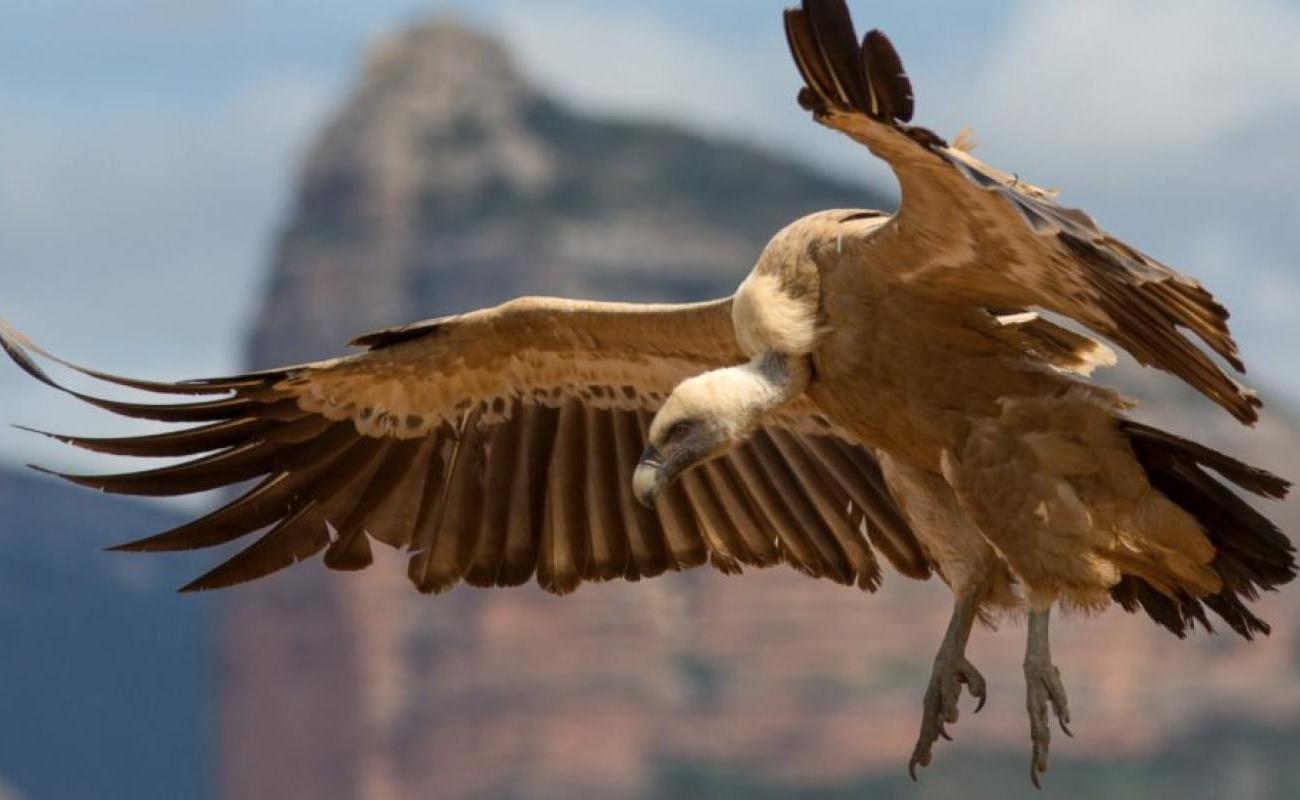LIFE SUPport - Project for Croatian Griffon Vulture Protection
September the 4th, 2022 - The LIFE SUPport project, which seeks to protect and make the life of the Croatian griffon vulture (bjeloglavi sup) easier, is a praiseworthy one to say the very least.

As Morski writes, the LIFE SUPport project, worth a massive 2,159,598 euros in total, 60 percent of which is financed from the LIFE programme of the European Union (EU), will improve the protection of Croatian griffon vultures as well as their nesting and living conditions in the country.
These utterly magnificent birds that used to nest all over the country, from Eastern Croatia all the way to the Adriatic coastline, has unfortunately been found nesting only on the Kvarner islands of Cres, Krk, Prvic and Plavnik over more recent decades. This year, after more than a hundred years, they have finally extended their nesting area to the Ucka Nature Park.
There are currently around 120 breeding pairs of Croatian Griffon vultures, and the LIFE SUPport project aims to strengthen their population and enable them to return to their historical nesting grounds in the mainland part of the country as well. The project, which starts in January 2023, will offer solutions to the most important threats to Croatian griffon vultures: a lack of food, disturbance during nesting, poisoning and electrocution.
''Everything we'll do during the five years of the LIFE SUPport project will have long-term consequences, as the Croatian griffon vulture is a long-lived species that takes five years to reach reproductive age. That's why we expect to see some of the results of the activities we'll carry out only in the next decade, but beyond it,'' said Zeljka Rajkovic, the executive director of the BIOM Association.
The need for the urgent implementation of such a project was determined by the expert basis for the proposal of the griffon vulture management plan alongside an action plan.
'Since these vultures lack food in nature, we intend to expand our network of feeding stations. A new feeding ground will be built on Krk, and this feeding ground, along with the existing ones on the island of Cres and in the Ucka Nature Park, would improve the needs of the current Croatian griffon vulture population and strengthen their population. During the project, we will develop cooperation with local shepherds and hunters. In the future, we need to prevent the accidental killing and poisoning of Croatian griffon vultures. The use of lead-free ammunition will be promoted among hunters, and we'll encourage the protection of herds of sheep with the use of fences and guard dogs,'' said Karla Skorjanc, the manager of the Krk Agricultural Cooperative.
The electric power infrastructure will also be improved, thanks to the participation of HEP, so that Croatian griffon vultures aren't placed in danger by electric wires. Measures to protect birds from electrocution will be applied to 200 medium-voltage poles on the Kvarner islands and in the Ucka Nature Park, and as many as 60 employees of energy companies will be educated about the importance of improving the energy network in order to protect these vultures.
''Among the main goals of the project is the decrease in the mortality of young birds by reducing the level of disturbance in their nests and by improving the work of our visitor centre and recovery centre for the vultures. We've got great cooperation with the local population in rescuing vultures that fall into the sea during their first flights from their nests on the island's cliffs. During the project, boat owners, fishermen and tourists will also be additionally educated about desirable, but also mandatory, behaviour in the vicinity of Croatian griffon vultures,'' pointed out Irena Juric, the director of the Priroda (Nature) Public Institution, which manages the visitor centre and recovery centre for these birds.
Ten young Croatian griffon vultures are currently being cared for at the recovery centre, and when they've been rehabilitated, they'll be returned to nature.
